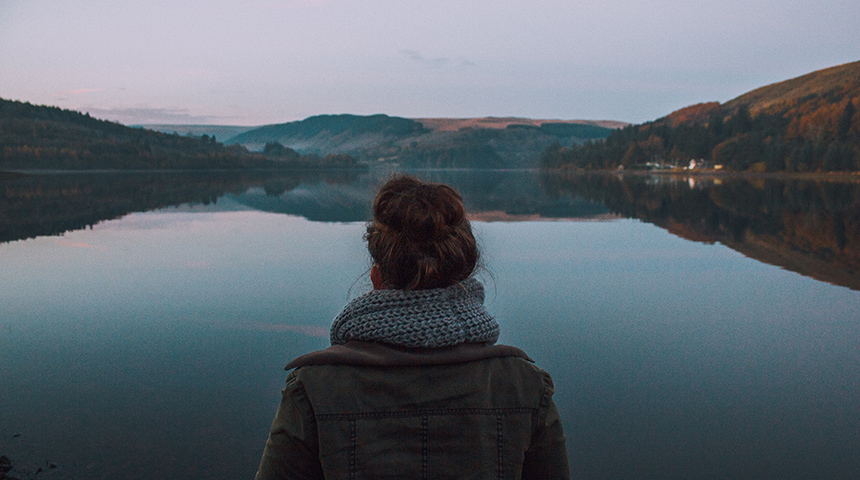
With the outbreak of COVID-19 it’s natural to feel stressed and overwhelmed. Fear and anxiety are normal responses to large-scale events that create feelings of uncertainty and unease, including a global pandemic like COVID-19.
We spoke to Rebecca Omond from Murdoch Health, and Dr Gaston Antezana Ortiz, Director of the Caladenia Counselling Clinic and Murdoch Senior Lecturer, to get their advice on things you can do to reduce your stress and support those around you.
Learn the facts
While both our experts say it’s normal to want to stay in-the-loop, there is danger in exposing yourself to too much of the constant news cycle.
“Wanting to keep up to speed with news is understandable, but try to avoid obsessing,” says Dr Ortiz. “Although feelings of anxiety and stress are completely normal when your life is impacted, it’s important to learn to manage these feelings.”
To do this, limit media exposure as much as you can by turning off notifications and only checking in to reputable sources once or twice a day. Learn the facts from reliable sources such as the Australian Government’s website or the World Health Organization (WHO).
Try not to focus on the ‘what if’s, and instead concentrate on things you can reasonably control, like sticking to a daily routine, setting time aside to practise new hobbies, read a book, or FaceTiming a friend.
Take reasonable precautions
Feeling powerless in the face of the global pandemic? You’re not alone. “We often find comfort in knowing we are doing something rather than just sitting around feeling helpless” says Rebecca, who recommends you take action in the ways advised provided by the World Health Organisation:
- Wash your hands frequently
- Avoid touching your eyes, nose and mouth
- Stay at home if you begin to feel unwell and stay there until you fully recover
- Seek medical care early if you have a fever, cough or experience breathing difficulties.
Look after yourself
“It is important to look after yourself, so find what works for you. Physical distancing recommendations might mean you have to get creative!” notes Rebecca.
- Phone or video call your friends and family to maintain good social connections.
- Walk, read, cook.Anything that doesn’t involve crowds!
- Maintain a healthy lifestyle by eating well, exercising regularly (you may need to be creative adapting your regular workouts) and getting quality sleep.
- Try to avoid the use of alcohol, tobacco and/or other drugs to cope with stress.
- Relaxation, meditation or mindfulness may help you wind down.
Seek additional support when needed
It’s normal to feel overwhelmed and anxious. If you’d like to speak to someone about how to manage your stress and anxiety, you can contact the following Murdoch services:
- Murdoch University Counselling Service on 9360 1227 (students only).These appointments are conducted via phone or telehealth sessions.
- Murdoch University Medical Centre on 9360 2293 to book an appointment with a doctor.
- Murdoch also offers a range of support services for international students, covering everything from health to academic stress.
Staff members at Murdoch can access the Employee Assistance Program, 24/7 on 1800 808 374. Anyone who wishes to see an external psychologist, your GP may be able to write a referral. You may also be eligible for psychology services via telehealth.
“Daily lives are changing at a rapid pace, but what we need to remember is that we might not be in control of the situation, but we are in control of our actions. Staying healthy, both mentally and physically, are areas of your life that you can govern,” says Dr Ortiz.
“Remember fear and anxiety are completely normal feelings to endure at such a time. Make it a priority to take care of yourself - and have a break from worst-case-scenarios.”
Information taken from Centre for Disease Control and Prevention, Australian Psychological Society (APS) and ‘FACE COVID’ by Dr Russ Harris.